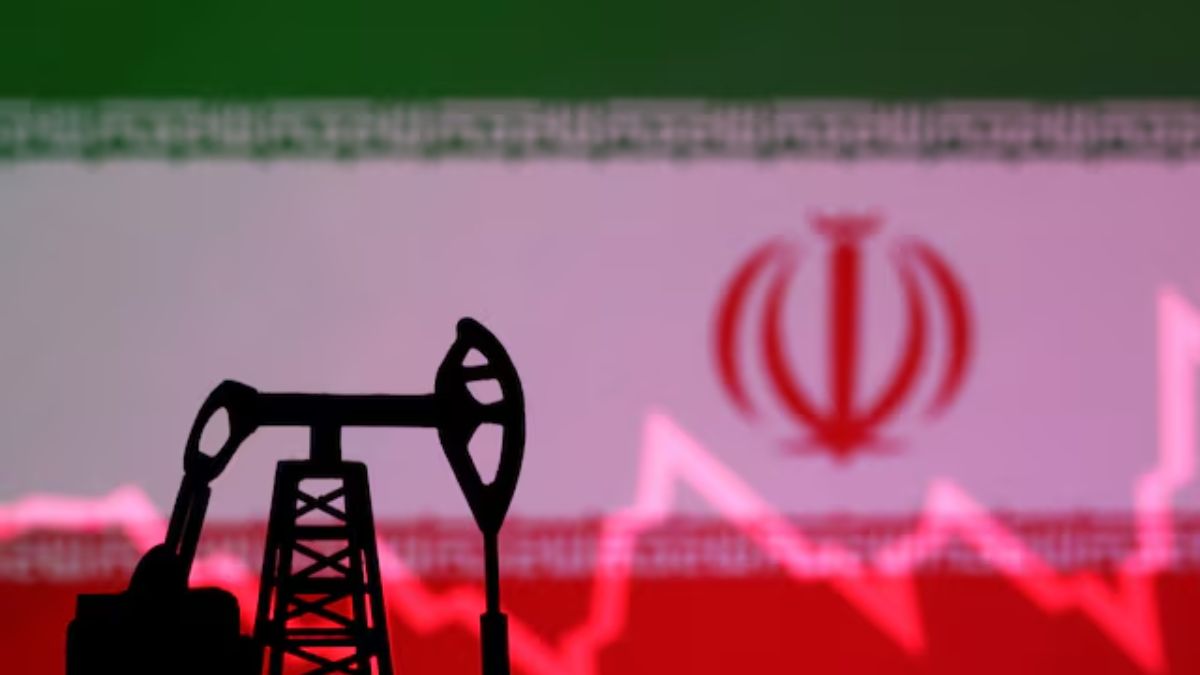As part of the Trump administration’s “maximum pressure” campaign against Iran, the US Treasury Department has imposed sanctions on over 20 companies accused of facilitating the shipment of Iranian crude oil worth billions to China.
These sanctions target groups involved in Iran’s alleged illicit oil trade including a number of banks in Hong Kong alleged to be front companies for Sepehr Energy, a commercial affiliate of Iran’s Armed Forces General Staff. These companies reportedly brokered crude oil deliveries to Chinese independent refineries, known as “teapots,” and funnelled proceeds back to Iran to support its ballistic missile programs and regional terrorist groups.
The US Treasury delegation also met with Hong Kong banks in April to warn them against facilitating Iran oil shipments to China just a month before sanctioning nine non-bank entities in the city allegedly involved in such trades, according to people familiar with the matter told Bloomberg. The delegation emphasised the risks of engaging in transactions related to Iran’s oil trade, highlighting potential sanctions and reputational damage.
The sanctions also target Sepehr Energy’s fleet of old “shadow fleet” tankers. This crackdown marks a strategic move to curtail Iranian oil exports amidst ongoing nuclear negotiations and represents a tougher stance than the previous Biden administration.
Trump pushes diplomacy but warns of more Iran sanctions
President Trump expressed hopes for a diplomatic resolution but warned of intensified pressure if Iran rejects this approach, accusing it of funding Tehran’s ballistic missile and drone programs, nuclear proliferation, and Houthi attacks on maritime traffic in the Red Sea. Trump’s administration said the move is part of a broader effort to curb Iran’s support for terrorism and weapons proliferation. However, China criticised the US sanctions, accusing Washington of unlawfully extending its jurisdiction and undermining global trade norms.
The US State Department said that the targeted network helped ship oil worth billions of dollars on behalf of Iran’s Armed Forces General Staff. The oil sales generated billions of dollars used to finance Iranian military activities and attacks by the Houthi militant group in the Red Sea, as well as aggression against the US\ Navy and Israel.
“The United States will continue targeting this primary source of revenue, so long as the regime continues its support for terrorism and proliferation of deadly weapons,” Treasury Secretary Scott Bessent said in a statement.
Impact Shorts
More ShortsPressure on Chinese Banks
While recent US actions have ramped up pressure on both Iran and China, experts say a broader impact would require sanctions on major Chinese financial institutions. In a possible sign of escalation, the U.S. Treasury’s Office of Foreign Assets Control (OFAC) used a counterterrorism authority for its latest sanctions—a legal tool that offers broader flexibility in targeting foreign entities.
Jeremy Paner, a partner at Hughes Hubbard & Reed and former OFAC investigator, told Reuters that the move may be aimed at increasing indirect pressure on Beijing. “I believe today’s actions are more about triangulation by exerting pressure on China to convince Iran to accept a deal,” he said. He added that Chinese banks are well aware of their exposure under US sanctions law, especially when counterterrorism provisions are involved.
Despite the sanctions and tensions, both Tehran and Washington maintain that they favour a diplomatic resolution to the long-running nuclear dispute. However, fundamental disagreements such as Iran’s uranium enrichment program continue to block progress in the talks.
)